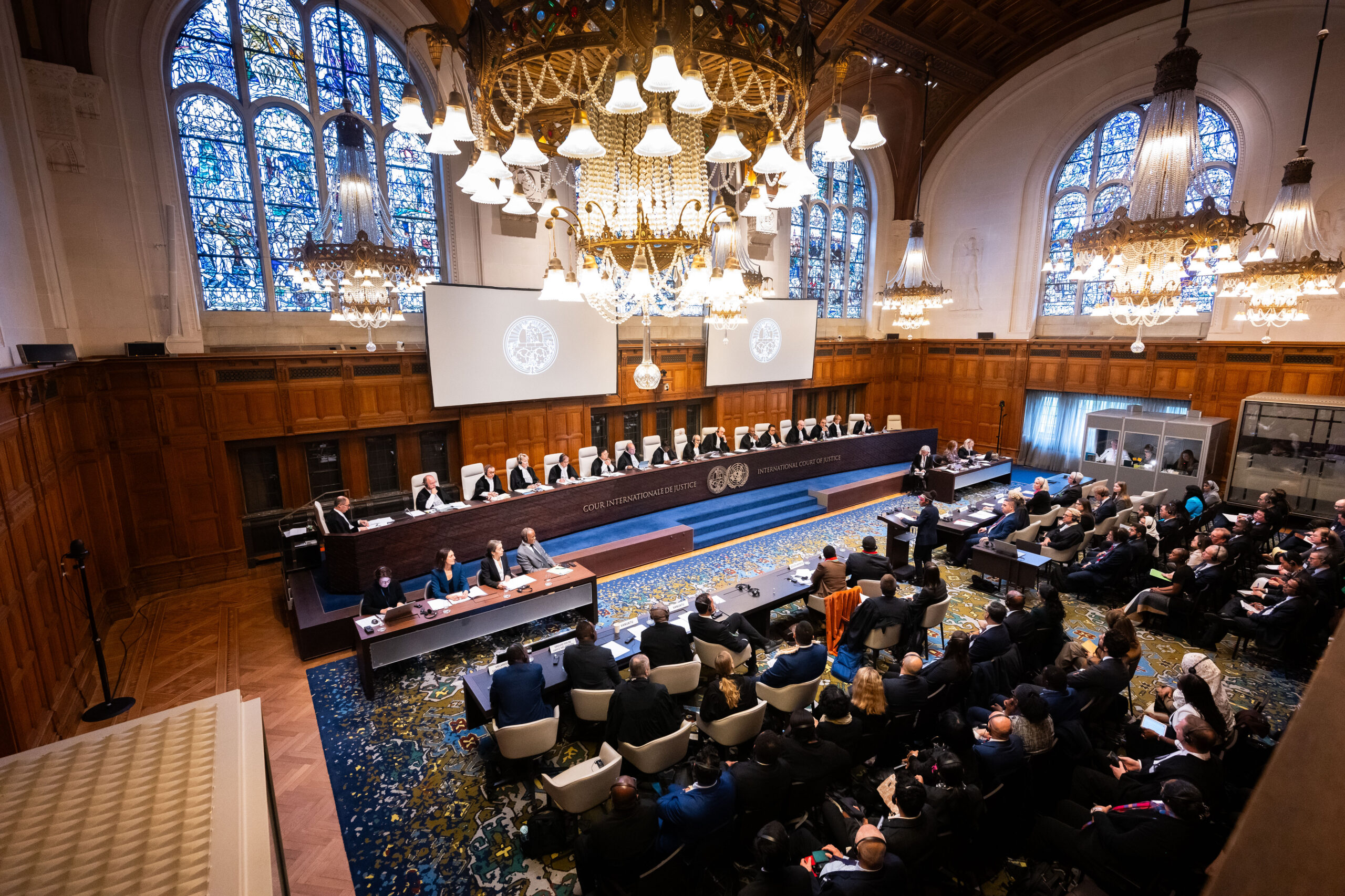
The International Court of Justice's latest Advisory Opinion on Climate Change is an extraordinary vindication for those who know all too well the global threat climate change poses to life, ecosystems, and the health of the planet.
This moment is not just symbolic. It marks a powerful legal intervention that spells out, in no uncertain terms, the obligation of states under international law to address the climate crisis - and the consequences if they fail to do so.
Action Beyond Paris
While much of international policymaking around the climate has centred around the Paris Agreement and nationally determined contributions, the ICJ makes clear that states’ legal duties extend beyond Paris.
Drawing from a broader legal framework, including human rights law, environmental treaties, and customary international law, the Court states in an exceptional paragraph that:
“Failure of the State to take appropriate action to protect the climate system from GHG emissions - including through fossil fuel production, fossil fuel consumption, the granting of fossil fuel exploration licences or the provision of fossil fuel subsidies - may constitute an internationally wrongful act which is attributable to that state”.
In simple words, countries can be legally accountable if they do not act to stop climate harms, especially when they continue to support fossil fuels.
Crucially, the Court lays out the consequences for breach of their obligations: reparations and compensation to affected states. This is a pivotal finding that reinforces the fact that climate harm is not only a policy issue - it is a breach of legal obligations.
Voluntary Pledges to Binding Obligations
For over three decades, the consensus-based UN negotiations, grounded in the principle of national determination, have struggled to deliver the scale of action needed. The ICJ has now stepped in to remind states that their responsibilities are not limited to what they choose to commit to in multilateral settings.
States must exercise “stringent due diligence” in fulfilling their legal obligations to protect both people and planet. Failure to do so is not just a shortcoming, it could be a violation of international law.
Strengthening the Case for Climate Justice
This Advisory Opinion will no doubt strengthen the hands of national and regional courts tasked with assessing the adequacy of state climate action. It provides a strong foundation for holding governments to account for climate inaction or backsliding – and for pursuing climate justice in both litigation and diplomacy.
For vulnerable states and communities, this is more than a legal opinion: it is a turning point.
The ICJ has underscored the relevance and dynamism of international law in confronting the most pressing civilizational challenge of our time - and in doing so, it has opened new pathways for accountability, ambition, and justice.
Countries must now move decisively, taking meaningful steps to cut emissions, remove carbon from the atmosphere, restore ecosystems, and build long-term resilience. The cost of inaction is no longer abstract - it is mounting and unsustainable.